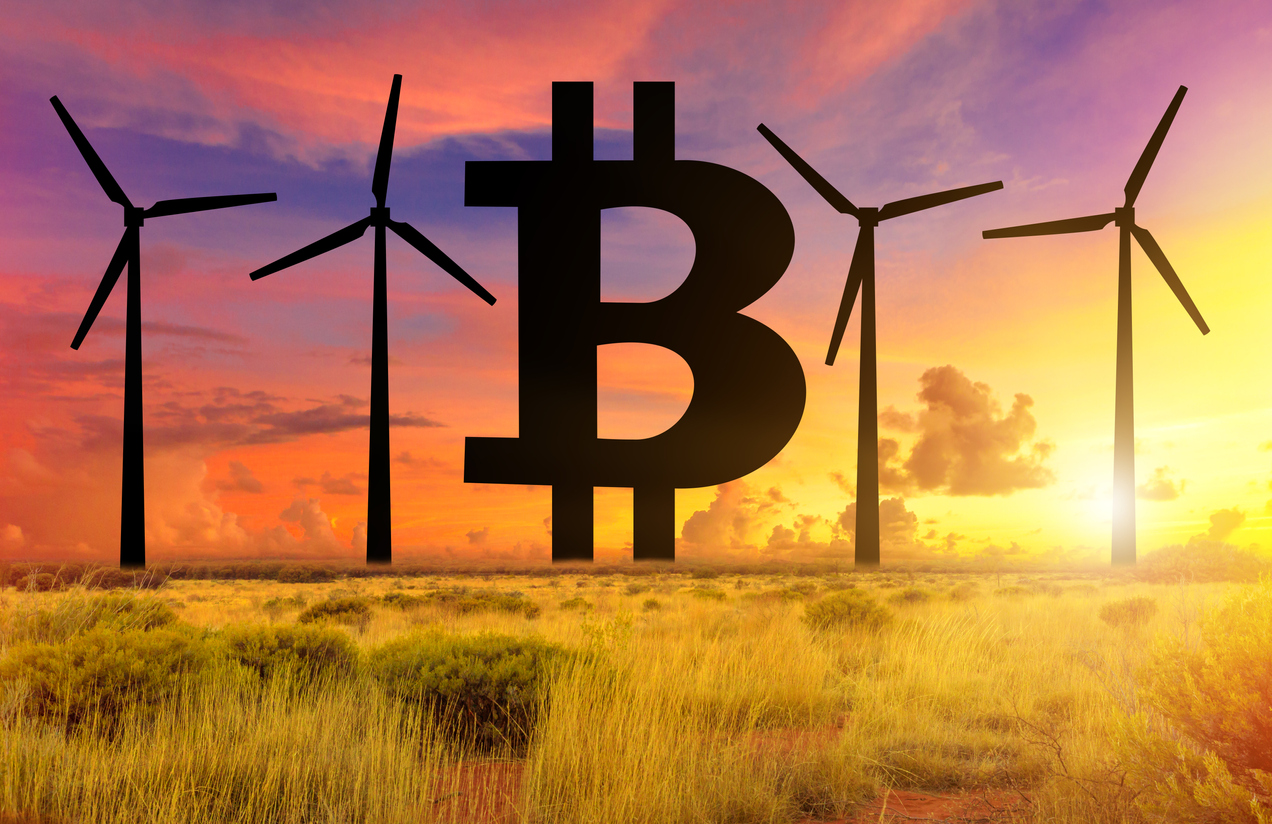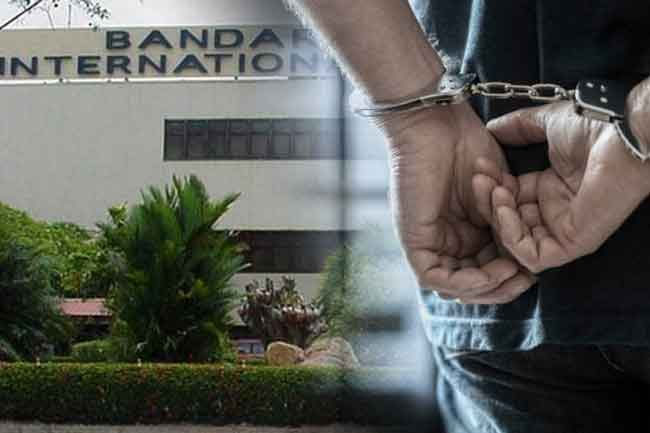The United States and Japan, faced with the challenges posed by an increasingly hostile China, are expected to further integrate their militaries and announce new agreements on technology and defense on Wednesday as President Biden hosts Prime Minister Fumio Kishida for a state visit to Washington.
The talks are part of the Biden administration’s diplomatic outreach to counter China, which includes recent war games with Seoul. On Thursday, Mr. Biden and Mr. Kishida will meet with President Ferdinand Marcos Jr. of the Philippines, another Pacific islands nation that finds itself the target of a mounting Chinese military presence in the South China Sea.
The Biden administration is signaling the importance of its relationship with Tokyo by holding an official state dinner on Wednesday evening in honor of Mr. Kishida, something reserved for America’s closest allies.
During a day of meetings, the two leaders will announce new plans designed to confront the far-reaching ambitions of China, which Mr. Biden has described as the only global rival to the United States with the “intent to reshape the international order and, increasingly, the economic, diplomatic, military and technological power to advance that objective.”
That concern comes amid hand-wringing in Washington and Tokyo over the possibility of a return to power by former President Donald J. Trump, whose unpredictable foreign policy has kept many world leaders on edge. One goal for Mr. Biden, officials said, is to create as much permanence in the Japanese relationship as possible before the election in November.
One administration official, speaking on the condition of anonymity to discuss the upcoming meeting, said there was “anxiety in capitals” around the world, including in Tokyo, about whether Mr. Trump would continue the international engagement that Mr. Biden and prior presidents have embraced. Another official said there was a real risk that Mr. Trump, if elected, could move to undo what the leaders of the two countries announce on Wednesday.
Mr. Biden and Mr. Kishida are expected to outline greater coordination and integration between the military forces of both countries, including the formation of a joint defense council that could support more defense-related exports of equipment produced in Japan. And officials said they would announce new cooperation on ventures in space and collaboration between research institutions working on A.I., semiconductors and clean energy.
“The American alliance system has helped bring peace and stability to the Indo Pacific for decades, and now we need to update and upgrade that alliance network for the modern age,” said Jake Sullivan, the White House national security adviser. “It goes way beyond security. It’s economics. It’s technology. It’s infrastructure development. And it’s diplomacy. And that’s all going to be on display in the meeting with the prime minister.”
Rahm Emanuel, the United States ambassador to Japan, called the meeting a chance for the two nations to go beyond America’s work to protect Japan and “write the first chapter of the next era” of cooperation as they work together to project power throughout the region.
That would be a more far-reaching relationship than the United States has historically had with Japan, which for decades restricted its spending on defense and its engagement around the world.
That began to change during the past several years, under Mr. Kishida, who pushed to expand defense spending and participate in global efforts like the sanctions on Russia for its invasion of Ukraine. Administration officials said Japan’s new willingness to become a full partner with the United States on the global stage has taken the alliance between the two countries to a new level.
The meeting on Thursday between Mr. Biden, Mr. Kishida and Mr. Marcos of the Philippines represents a more aggressive effort by the United States and its allies to isolate China — rather than allowing the Chinese leadership to intimidate and isolate its neighbors in the South China Sea and elsewhere.
The Thursday meeting will be the first time that the leaders of the three nations have met together, officials said.
“We’re continuing to deepen our cooperation with our closest partners to ensure what we’ve talked about many times from this podium and elsewhere: a free, open and prosperous Indo Pacific,” Mr. Sullivan told reporters during a briefing at the White House on Tuesday.
Mr. Sullivan declined to say whether Mr. Biden would raise with Mr. Kishida the issue of plans by Nippon Steel, a Japanese corporation, to acquire U.S. Steel, the struggling manufacturer based in Pittsburgh. Mr. Biden has publicly said that he will have “the backs” of union steel workers, indicating his opposition to the deal.
“You guys all know, Joe Biden,” he said. “You’ve seen Joe Biden. He’s been very clear that he’s going to stand up for American workers. He’s going to defend your interests. He’s also been very clear that he is going to make sure that the U.S.-Japan alliance is the strongest it’s ever been.”
But administration officials said later on Tuesday that they did not think the subject would come up between the two leaders on Wednesday because both men already know the position of the other.
Mr. Biden greeted Mr. Kishida on Tuesday evening for a brief arrival at the White House. Later, the two leaders and their wives went to BlackSalt, an upscale seafood restaurant in Washington, for a more casual dinner ahead of the formal events on Wednesday.
The day will begin with a welcoming ceremony on the South Lawn. It will end with a glitzy state dinner at the White House, where Mr. Biden will extend Mr. Kishida the hospitality of a meal that includes house-cured salmon and dry-aged rib-eye steak with blistered shishito pepper butter.
White House officials said the couples had exchanged a series of gifts on Tuesday evening, a diplomatic tradition for such events. The official gift from Mr. Biden and Jill Biden, the first lady, was a three-legged table that was handmade by a Japanese American-owned company in Pennsylvania.
Other gifts included a lithograph and a two-volume LP set autographed by Billy Joel and a vintage vinyl record collection. Dr. Biden gave Ms. Kishida a framed painting of the Yoshino cherry tree that the two planted on the South Lawn last spring, and a soccer ball signed by the U.S. women’s national soccer team and the Japanese women’s team.












